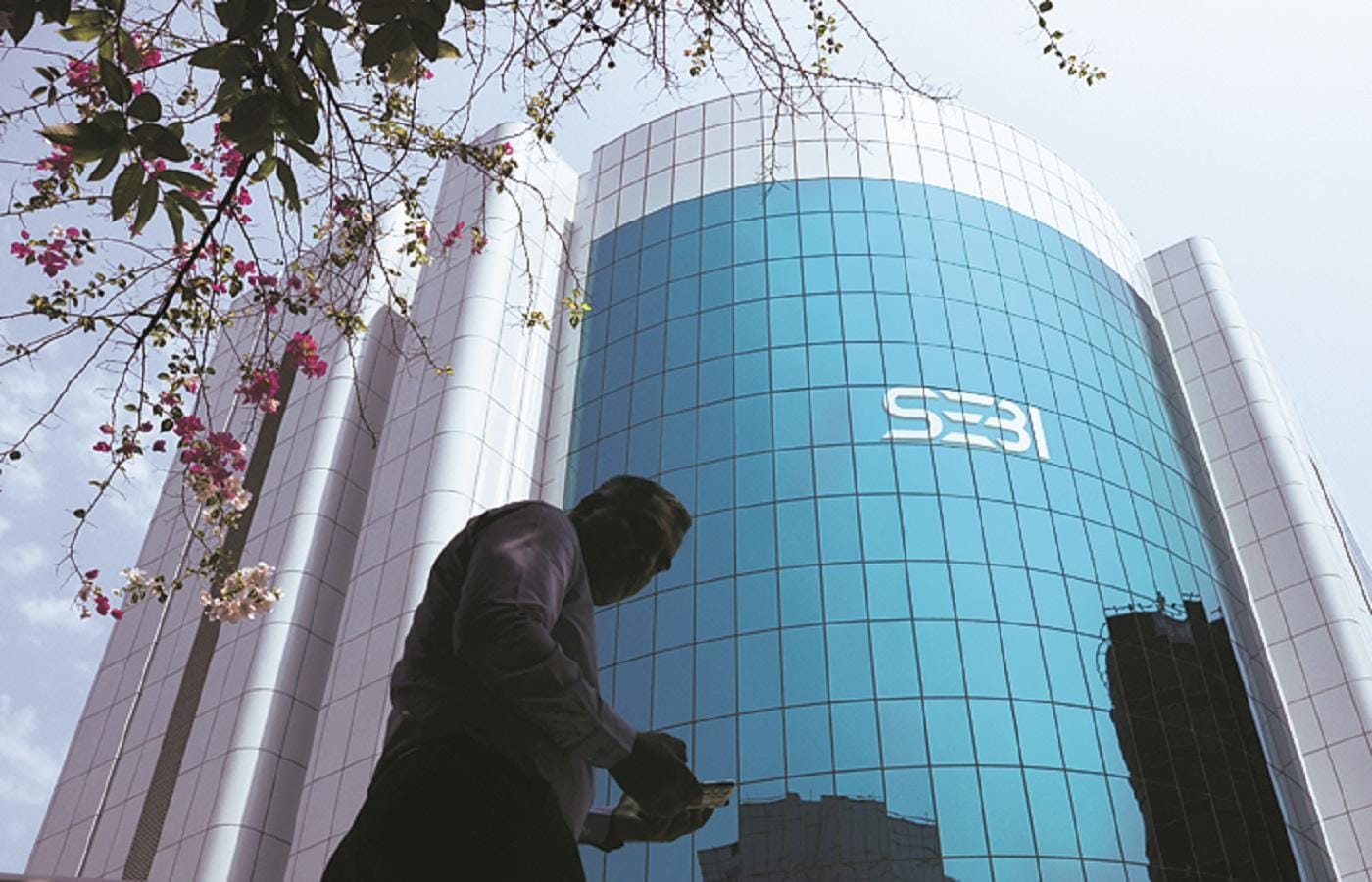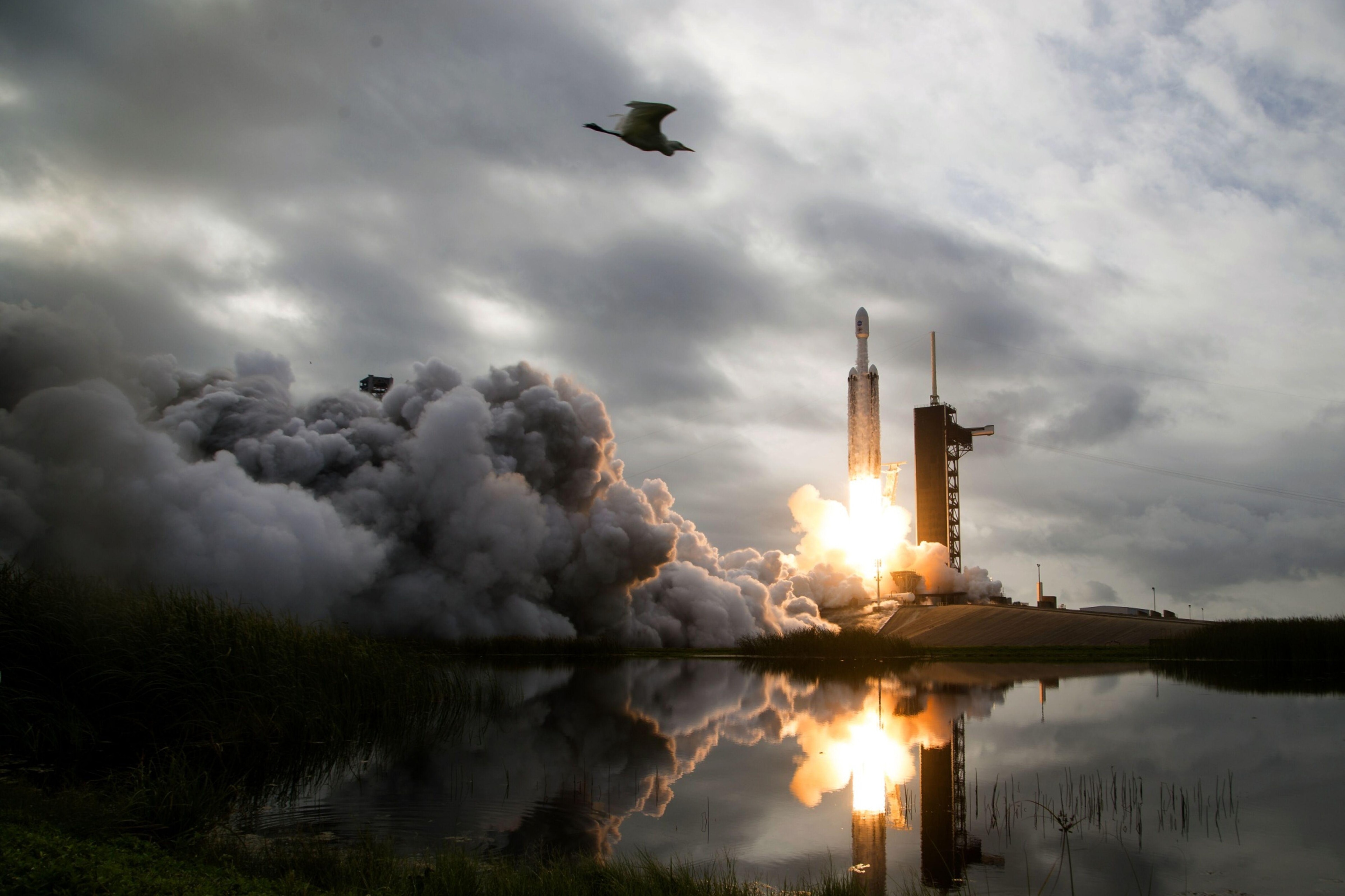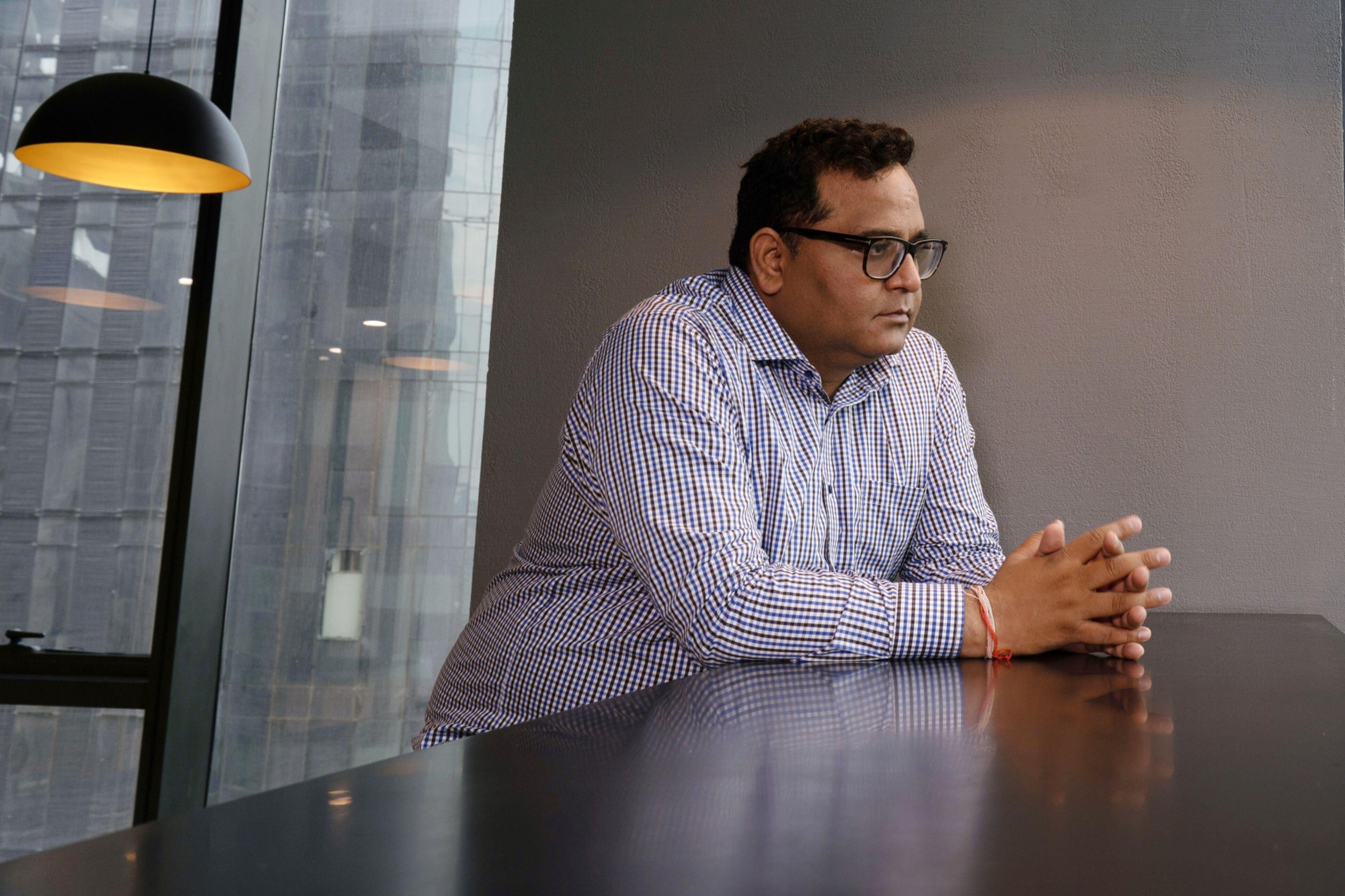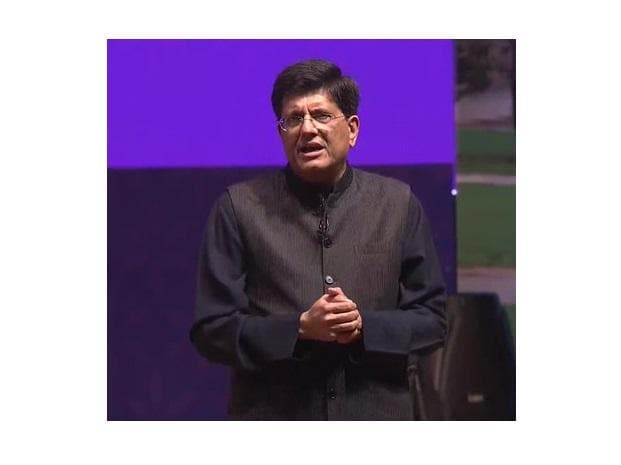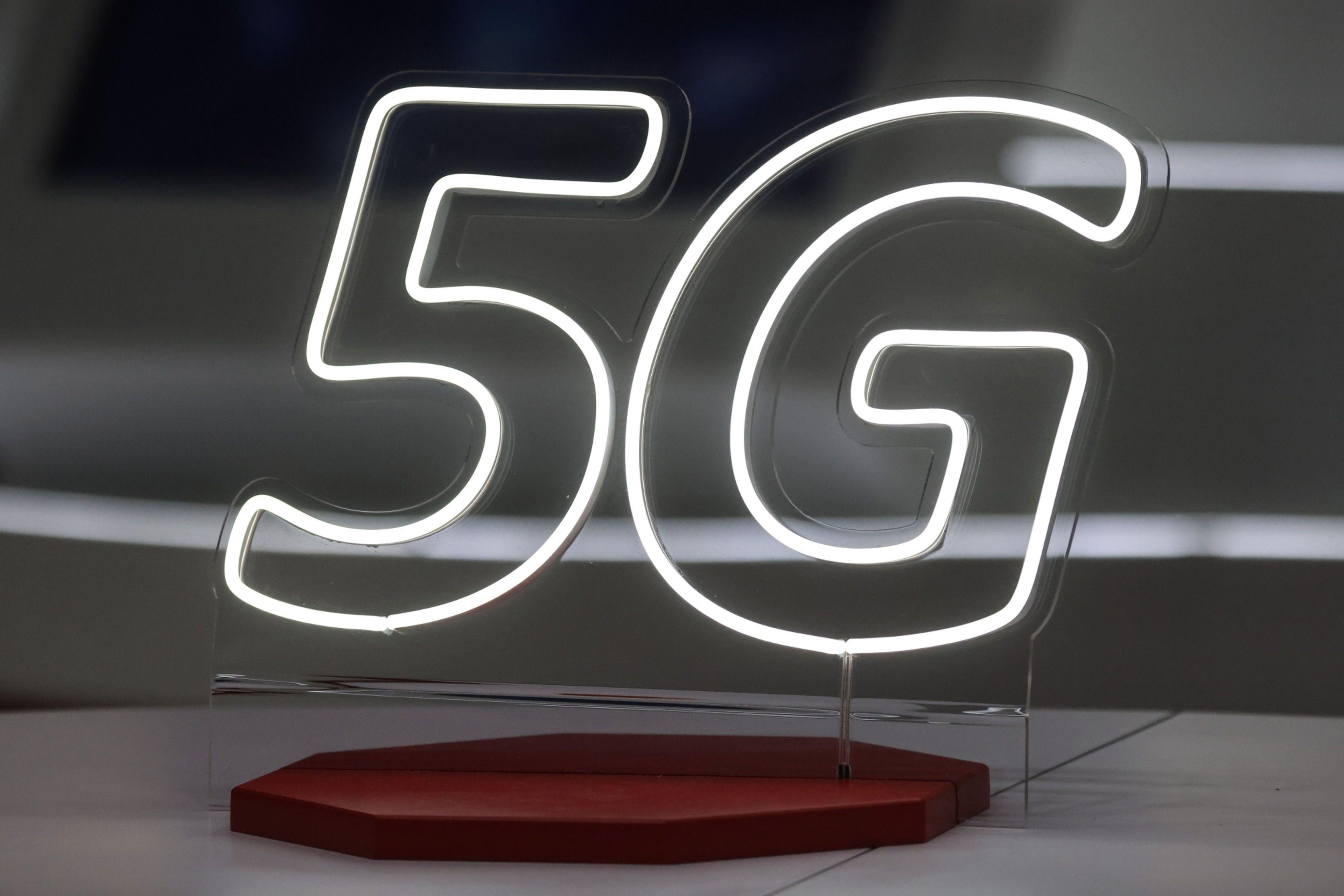
The global space economy will touch the $1 trillion mark in the coming years and private investment is crucial to take India’s share in it from present 2-4 per cent to 20 per cent, said former chairman of the Indian Space Research Organisation (ISRO) A S Kiran Kumar on Thursday.
He was addressing entrepreneurs at the launch of LIBF EXPO 2024′ organised by Lohana International Business Forum at the Helipad Exhibition Centre in Gandhinagar.
India is now the fifth biggest economy in the world and is marching ahead to become the third largest economy in the near future. We will need the participation of a large number of private entrepreneurs to achieve that target, Kumar said in his address as the chief guest of the inaugural ceremony.
Global space economy would reach the $1 trillion-mark in the coming years, he said.
India’s share in that economy, such as making launch vehicles or satellites, is just 2 to 4 per cent at present. If we want to capture a 20 per cent share in the future, we need to rope in a large number of private entities and entrepreneurs in this sector, he said.
On the occasion, the former ISRO chief also paid tributes to Dr Vikram Sarabhai, the father of India’s space programme, saying he was the great son of this soil.
When the Soviet Union launched the world’s first artificial satellite, Sputnik I, in 1957, Dr Sarabhai started thinking in that direction, said Kumar.
He then urged the fishermen of Trivandrum (now Thiruvananthapuram) to vacate their land to conduct an experiment and told them that the country would benefit from this experiment in the future. Thanks to the efforts, India could launch broadcasting, communication and weather monitoring using space technology, he said.
Due to advanced warning systems, he said, many human lives are saved as people are evacuated on time in the wake of an approaching cyclone, Kumar said.
Fishermen are also given information in advance about where to go fishing for better catch. It is done by satellites orbiting in space. A navigation device fitted in the boat tells the fisherman where he is and predicts weather conditions, he said.
These are the examples that a person who cannot read or write is getting the benefits of the most advanced technology, said the former ISRO chief, adding that it was Dr Sarabhai’s vision to use space technology for the benefit of the countrymen.
India is the only country which started space technology for purposes other than military. While all other countries started their space programmes for military purposes, India was looking at how this disruptive technology of going beyond planet Earth can be used for the benefit of citizens, he said.
Kumar said when Prime Minister Narendra Modi was the chief minister of Gujarat, he made extensive use of remote sensing and communication technology in day-to-day governance.
He (Modi) demonstrated, well before many others could do that, how use of space technology can be beneficial in governance. After becoming the PM, he had asked secretaries of various departments to explore ways to utilise this technology for governance, added Kumar.
(Only the headline and picture of this report may have been reworked by the Business Standard staff; the rest of the content is auto-generated from a syndicated feed.)
First Published: Jan 18 2024 | 5:02 PM IST
